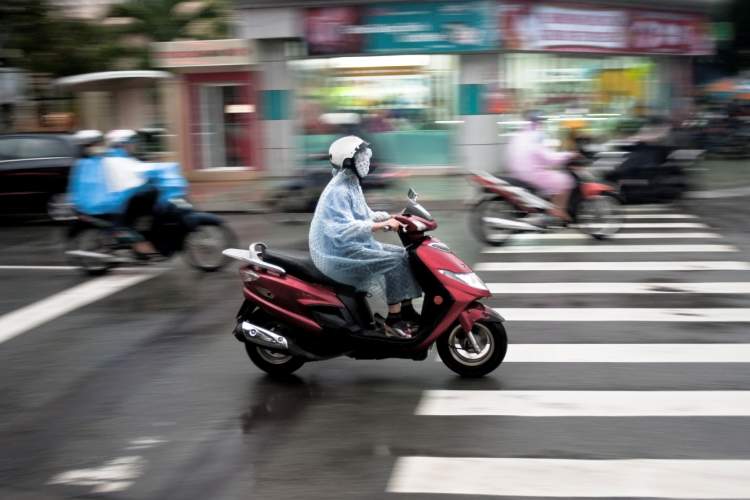The proliferation of micro-mobility solutions such as e-scooters has expanded across the globe. Due to the ongoing COVID-19 crisis, the UK is set to fast-track the deployment of e-scooters, creating an opportunity for insurers that are quick to act.
Findings from GlobalData’s Thematic Research: Sharing Economy in Insurance report highlight that insurance options are limited for micro-mobility solutions. Liability is not clearly understood, but the implementation of clearer regulation would encourage more insurers to enter this market. The report indicates that challenges stem from when accidents are reported.
For example, in the US a rider with private health insurance will likely be covered (at least to some extent) if they injure themselves. But if the accident causes injury to a pedestrian or property, then questions regarding liability arise. Home or car insurance could provide cover for damage caused by a third party, including shared mobility users. But ultimately, regulators have not been able to keep up with the rapid growth of the e-scooter market.
Shared e-scooter providers such as Bird, Lime, Voi, and Tier are all working with the UK government in efforts to combat congestion on public transport services and help prevent a second wave of Coronavirus from occurring as the UK starts to lift its lockdown. To this end, discussions to develop a shared micro-mobility system are underway.
Yet the insurance industry has raised concerns. The British Insurance Brokers’ Association, which supported the concept of e-scooters in its 2020 manifesto, has argued that the Road Traffic Act 1988 needs to be changed, as the current version is not suitable for the interpretation of legal cases that could arise due to e-scooters.
Back in March 2019, a UK government policy paper – Future of Mobility: Urban Strategy – stated it would review laws in order to see how e-scooters should be regulated to ensure the public’s safety.
How well do you really know your competitors?
Access the most comprehensive Company Profiles on the market, powered by GlobalData. Save hours of research. Gain competitive edge.

Thank you!
Your download email will arrive shortly
Not ready to buy yet? Download a free sample
We are confident about the unique quality of our Company Profiles. However, we want you to make the most beneficial decision for your business, so we offer a free sample that you can download by submitting the below form
By GlobalDataHowever, reviewing laws does not necessarily mean laws will change. Other regulatory challenges that may arise include whether riders need to have a driving license to operate the scooters or if insurance will be obligatory at all. In Germany riders must have insurance but not a driving license, while in Spain insurance to ride an e-scooter is recommended but not compulsory.
And in other countries, like Japan, legislation has been passed classifying e-scooters capable of speeds of over 9kph as a motor vehicle. By implication, riders are legally required to obtain the same documentation as they would for the use of a motorbike, including holding a license and registration. Similar legislation was adopted in Singapore in July 2019.
Due to the rapid launch of e-scooter trials and fears of overcrowding on public transport in the midst of a pandemic, the UK government might not have the appropriate time to pass the much-needed regulation insurers require to cover e-scooters. This would leave a market opportunity for UK insurers that can deliver pay-as-you-go insurance services and overcome legal barriers in a time of crisis.








